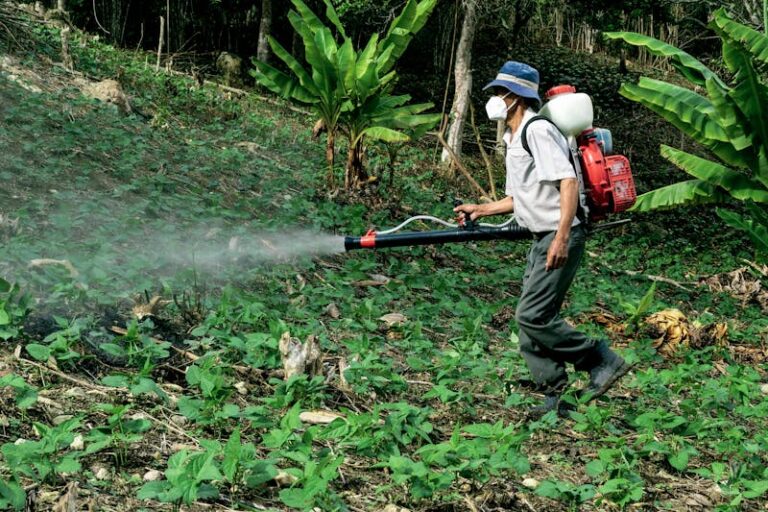These are a group of chemicals that contain phosphorus, oxygen, and carbon. They are widely used as pesticides in agriculture to control pests and insects. They work by stopping the proper functioning of the nervous system in both insects and humans. While effective in pest control, organophosphates have raised concerns due to their potential impact on human health and the environment.
Origin of the term and application
The term “organophosphates” has been in use since the mid-20th century and is central to agricultural and health discussions, highlighting the use of these chemicals in pest management and the associated concerns regarding human health and the environment. They need to be managed carefully to balance effective pest control while minimizing potential risks.
Efforts to address concerns related to organophosphates include regulatory measures, research on alternative pest control methods, and public education on the safe use of pesticides. Informed decision-making and the consideration of the potential risks and benefits associated with these chemicals will help promote sustainable agriculture and protect human and environmental well-being.





